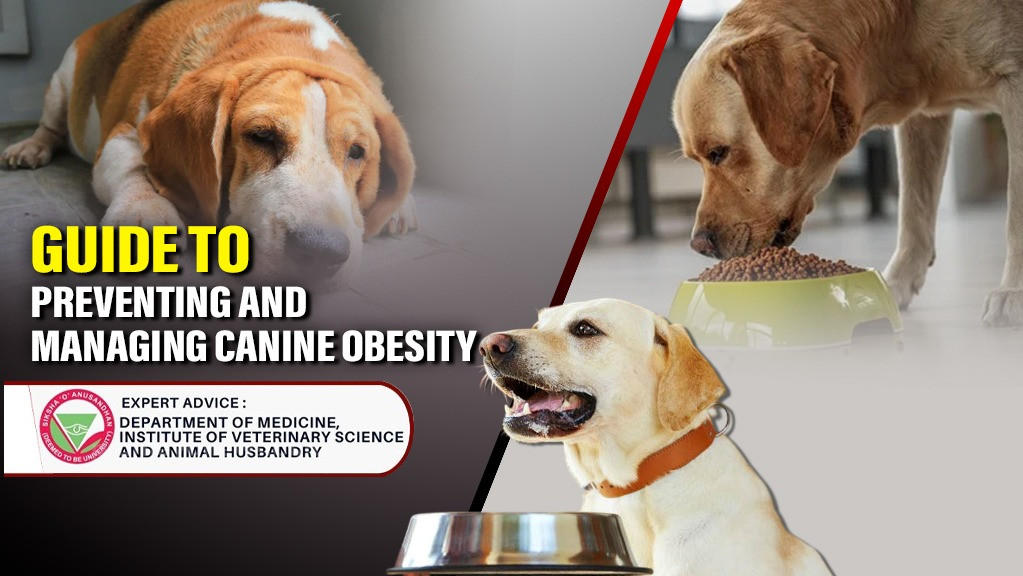

The Growing Concern of Canine Obesity: A Guide for Pet Owners
In modern households, dogs are often cherished as family members, sharing in the joys and even the food of their human companions. This deep bond, however, has contributed to an unintended and growing health crisis: canine obesity. The well-intentioned practice of sharing table scraps, offering frequent treats, and a shift toward sedentary lifestyles has led to a significant number of dogs being overweight. This condition is more than a cosmetic issue; it is a serious medical concern that can lead to a host of debilitating diseases and a reduced lifespan. Understanding the fundamentals of canine nutrition and weight management is therefore a crucial responsibility for every pet owner.
Understanding Your Dog's Nutritional Needs
A dog's dietary requirements are complex and vary significantly based on age, breed, activity level, and health status. Puppies, for instance, need up to three times more calories than adult dogs to support their rapid growth, while pregnant or lactating females also have elevated energy needs. Conversely, senior dogs, with their slower metabolisms, require fewer calories but higher-quality protein to maintain muscle mass.
A basic guideline for an adult dog's daily intake is about 2-3% of its ideal body weight. For a more precise calculation, veterinarians often use the Resting Energy Requirement (RER) formula: (30 × body weight in kg) + 70 = daily caloric needs. This number can then be adjusted based on the dog's activity level and other individual factors. Whether choosing high-quality commercial food—which is regulated to ensure it meets essential nutritional standards—or a carefully planned home-made diet, the goal is to provide a balanced intake of protein, fats, carbohydrates, vitamins, and minerals.
Recognising the Warning Signs of Obesity
Identifying weight gain early is key to preventing obesity. The most reliable method is the Body Condition Score (BCS), a nine-point scale where a score of 5 is considered ideal. Pet owners can also look for clear physical signs. In a healthy-weight dog, you should be able to easily feel the ribs without a thick layer of fat, and there should be a visible, defined waistline when viewed from above. Early indicators of weight gain include the loss of this waistline and the accumulation of fat deposits over the ribcage, neck, and at the base of the tail. Certain breeds, such as Labradors and Beagles, are genetically predisposed to obesity and require even more careful monitoring.
The Serious Health Risks and a Path to Prevention
Excess weight puts significant strain on a dog's body, leading to a range of health problems. These include joint pain and arthritis, diabetes, liver disease, and increased stress on the cardiovascular system, all of which can drastically reduce a dog's quality of life and longevity. In some cases, weight gain can also be a symptom of an underlying medical condition like hypothyroidism or Cushing’s disease.
Fortunately, obesity is largely preventable through a proactive approach to wellness. The cornerstones of a healthy canine lifestyle include:
By treating canine nutrition with the seriousness it deserves, pet owners can move beyond well-meaning indulgence to informed care. A commitment to a balanced diet, consistent exercise, and regular health monitoring is the most profound way to ensure our beloved companions lead long, vibrant, and healthy lives.
Inputs from Dr. Pubaleem Deka, MVSc, PhD Assistant Professor and Dr. Trupti Priya Lenka, MVSc Assistant Professor, Department of Medicine, Institute of Veterinary Science and Animal Husbandry, SOA Deemed University, Bhubaneswar.